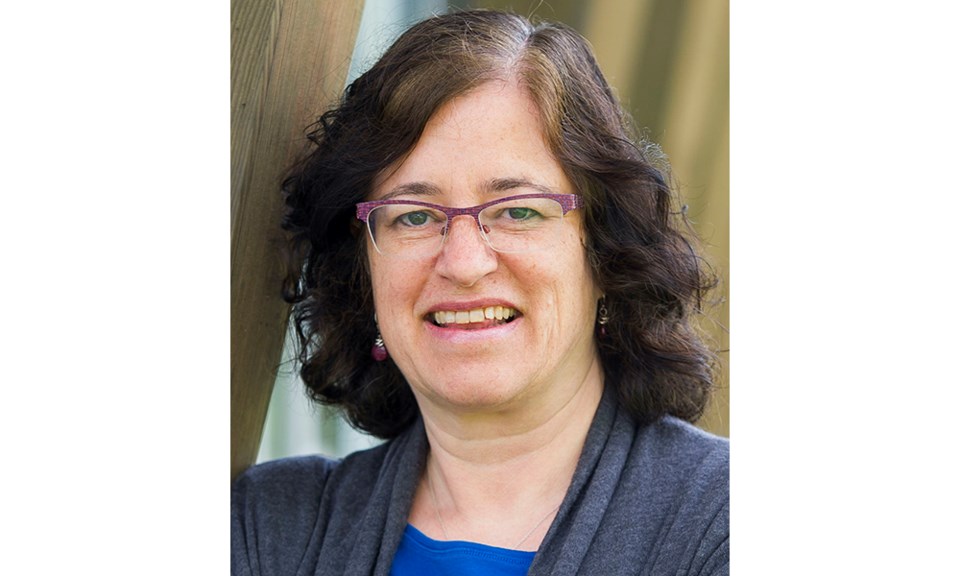More than 80 per cent of B.C. teachers surveyed reported worse mental health as a result of the COVID-19 pandemic. That’s double the rate of the broader population, new research shows.
We should pay attention, because how teachers feel is going to rub off on the next generation, the students whose lives teachers shape every day.
It should be a concern for society when we see a specific group experiencing disproportionate amounts of stress and mental health consequences, said Kimberly Thomson, a post-doctoral researcher at the University of British Columbia in the School of Population and Public health, who was part of the survey team.
“It really signals that teachers are a population that needs increased support,” Thomson said. “Teachers are a critical part of our society who are shaping the next generation – students – so by supporting teachers we can also be supporting students.”
There is other research that shows a phenomenon called “stress contagion,” which shows that when teachers are experiencing stress, it can affect students’ stress levels as well, Thomson said.
British Columbia is one of the few jurisdictions in the world that kept schools open throughout the pandemic, something provincial health officer Dr. Bonnie Henry said was critical for student well-being. But being on the front lines was clearly nerve-racking for teachers.
“Many of our teachers experienced increased workloads, challenges with physical distancing, late and inconsistent mask mandates, and poor ventilation. Those health and safety risks alone are enough to create stress and anxiety,” said B.C. Teachers’ Federation first vice-president Clint Johnston.
Not only that, but teachers were also tasked with taking care of students’ social and emotional needs, something 43 per cent reported increased difficulty with this year.
“There are far more students struggling with anxiety and mental health and we’re struggling to provide enough support which creates even more stress and anxiety for teachers because we feel we are not supporting our students to the best of our ability,” one teacher said in the survey.
More than 40 per cent of respondents said they were thinking about leaving teaching all together.
One teacher respondent said she and her husband are both thinking of changing careers.
“I have never felt more discouraged, unappreciated and deflated while at the same time burned out,” the teacher said in the survey.
B.C. is already short of teachers, as a result of the 2016 Supreme Court ruling that restored provisions in teachers’ contracts for class size and class composition rules.
“At a time when B.C. is already experiencing a teacher shortage pre-pandemic, this kind of burnout should be setting off alarm bells in the Ministry of Education and communities across the province,” Johnston said.
The BCTF is calling on the government to improve health and safety in schools, train education employees on trauma-informed practices and create more supportive workplaces.
On the more hopeful side, the survey found that when teachers feel supported it protects their mental health, Thomson said.
“The main message is that things we can do within the school system to remind teachers that they’re being seen, they’re being heard and that their mental health is important would be a helpful direction.”
We’re all in need of a little TLC after the year we’ve had, but teachers, whose very purpose is to care for our children, may need just a little more. That support will pay dividends in the future, as those well-educated and well-adjusted small children grow into the tomorrow’s leaders.
The survey included 1,206 teachers, which is about 17 per cent of all teachers in the province. Just over half were elementary school teachers.
Tracy Sherlock is a freelance journalist who writes about education and social issues. Read her blog or email her [email protected]



